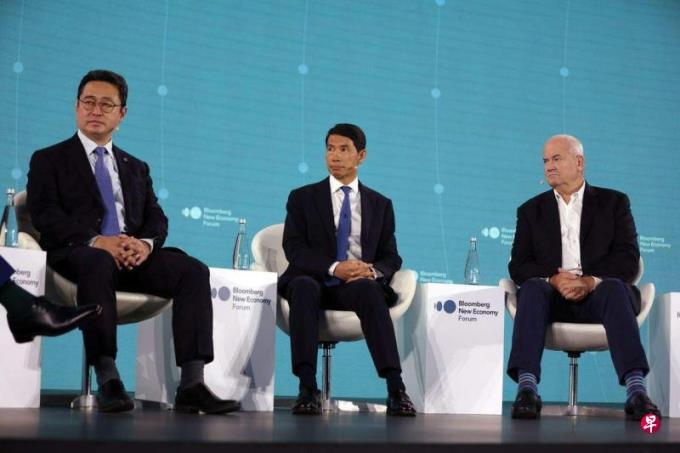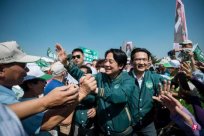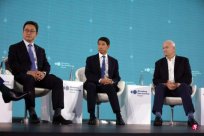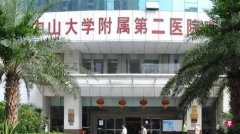
Hu Zu Liu, the founder of Chunhua Capital, said that structural reform is the biggest potential of China's economic growth, and many Chinese entrepreneurs choose to lie down because it is not sure whether the Chinese leadership will continue to promote the marketAnd the reform of the rule of law.
Hu Zu Six Wednesday (November 8th) At the Bloomberg Innovation Economic Forum, when responding to what policies need to stabilize China's economic growth, China can implement monetary policy and fiscal policy in the short term, but China's largest economy is the largest economy.UPSIDE comes from the far -reaching structural reform.
He said: "China has achieved success so far, mainly due to China's continuous promotion of market reform. These reforms truly release China's potential and especially inspire entrepreneur potential."
Hu Zuliu believes that Chinese entrepreneurs now act in low -key and "lying down", and the market emotions are low because people are not sure whether the Chinese leadership is still committed to such reforms.
He pointed out that in various reforms that China need, the most important thing is the reform of the rule of law and establish a real rule of law, because it is essential for the operation of the modern market economy.
Hu Zuliu said that according to his observations, there is indeed a sense of insecurity among Chinese entrepreneurs. "This is what I have never seen since 1978."
He believes that once China can truly work in the rule of law and market reform, confidence will slowly recover, and vitality will rewind.
After the crown disease epidemic, China's economic recovery is weak, the real estate market is sluggish, the residents' consumption confidence is insufficient, and some economic analysts warn that China is experiencing the "balance sheet decline" similar to Japan in the 1990s, that is, residents and enterprisesAvoid loans or investment, focus on debt repayment.
However, in the discussion of whether the Chinese economy will "Japan", it is similar to investors and economists that there are similarities between China and Japan, but there are also important differences.
Deng Bin, chief investment officer of Ping An Group, said that compared with Japan, China's economy is larger, constitutes more diversified, and China's policy implementation is very efficient.
He also mentioned that China's actual interest rate is not low enough. There is still room for adjusting monetary policy in the short term, and the government has more financial instrument reserves.
Gary Rieschel, the founding partner of Qiming Innovation, believes that China is more innovative than Japan.He said that in the past 20 years, China's new economic growth has been promoted by private enterprises, not state -owned enterprises.
But he also pointed out that Chinese residents currently put more than 70%of savings on real estate, which is completely unsustainable; China needs to establish a structured and sustainable capital market, allowing people to transfer money from the real estate market to the stock marketEssence




